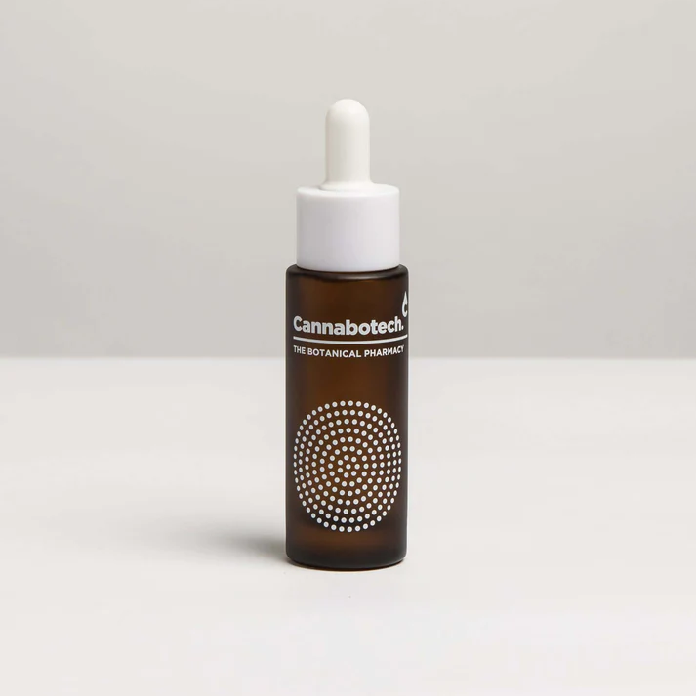Emotional vs Physical Stress: The Fight for Well-Being
Published February 4, 2023.

Stress is a normal reaction to the demands of life. There are positive stresses (called eustress) like getting married or getting a promotion. There are negative stresses (called distress) which is what we usually think about as stress like job loss or financial problems.
Stress is a part of life but when it interferes with your ability to do things, it is unhealthy. Emotional stresses and physical stresses are both serious when they are high and are exhausting to live with when they are chronic. Here are the types, causes, and examples of emotional and physical stress.
Emotional vs Physical Stress Summary
Symptoms
Causes
Treatment
Emotional Stress
Moodiness, agitation, anxiety, behavioural changes, weight gain, cognitive issues
Resentment, fear, anger, grief, sadness
Relaxation, good habits (diet, exercise, etc.), constructive hobbies (music, journalling, etc.), meditation, natural supplements
Physical Stress
Headaches, heart palpitations, bodily pain and tension, sickness
Lifestyle changes (having children, etc.), poor lifestyle choices (drinking and smoking), poor diet, lack of exercise, poor sleep habits
Good habits (diet, exercise, etc.), avoiding bad habits (caffeine, nicotine, alcohol), healthy sleep, natural supplements
Emotional Stress
Symptoms and Examples
The most easily-recognisable symptoms of emotional stress include the following:
- Increase in moodiness
- Raised agitation
- Anxiety
- Behavioural changes such as poor diet and weight gain
- Sleep problems (changes in sleep quality or length)
- Cognitive issues (difficulty concentrating and memory problems)
Causes
Emotional stress can be caused by the following:
- Resentment Holding onto resentments will cause them to manifest more in your life, leading to increased emotional stress.
- Fears Emotional stress can be caused by prolonged fear and trying to avoid the things that you are afraid of.
- Anger Anger causes emotional stress by increasing negative thoughts, negative focus, and irritability.
- Sadness Like anger, prolonged sadness can cause negative thoughts that increase emotional stress. Unresolved sadness can lead to chronic depression as well.
- Grief Grief increases emotional stress as it takes significant mental energy and, as with the other feeling-related causes, it increases negative thoughts.
Managing emotional stress
Having effective skills to manage emotional stress will make it less likely that you will suffer the negative effects of stress.
Some good ways to manage emotional stress include the following:
- Setting aside relaxation time
- Taking care of yourself (eating well, sleeping well, getting exercise)
- Doing something you enjoy like reading a book, listening to or making music, taking a walk, enjoying a bath, journalling, or drawing to express your feelings
- Getting enough quality sleep
- Natural supplements
Physical Stress
Symptoms and Examples
Physical stress is the most recognised form of stress. symptoms include the following:
- Headaches
- Increased heart rate (palpitations)
- Pain (including chronic back pain and muscle aches, for example)
- Getting sick more often as chronic physical stress impacts the immune system
- Physical tension such as sore and stiff muscles
- Stress rash
Causes
Physical stress can be caused by the following:
- Positive life changes For example, having a baby, getting married, or getting a promotion.
- Negative life changes For example, losing a job, getting divorced, financial difficulties.
- Poor lifestyle choices This includes drinking too much alcohol, using drugs, smoking, or eating too much processed and sugar-laden foods
- Lack of exercise
- Poor sleep quality or duration
Managing physical stress
If you have good mobility and can be physically active, then there are many ways to manage physical stress, such as the following:
- Exercising outside every day while getting enough sunlight
- Avoiding alcohol, caffeine, and nicotine
- Prioritizing sleep
- Natural supplements
Take Control, Ease Your Mind
The best way to manage physical stress is to employ healthy lifestyle choices such as prioritising sleep, getting regular exercise, following a healthy diet, and limiting alcohol, drug use, smoking, sugary/fatty processed foods, and late nights. Thankfully, most of these methods don't require too much expense, if at all, and can all be done from the comfort of your own home.











